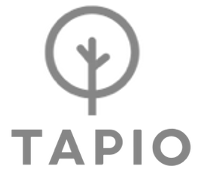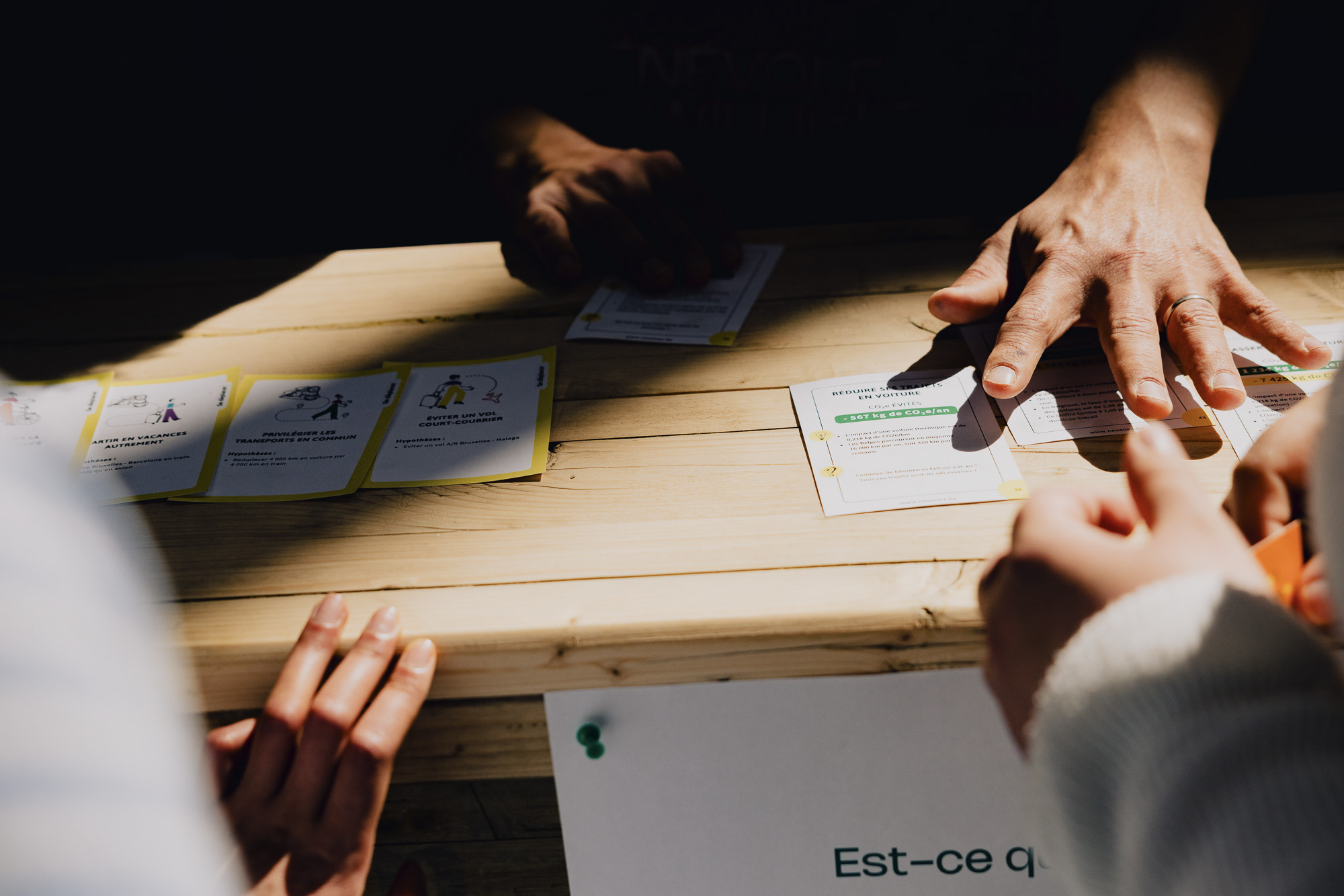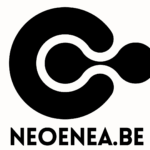Carbon Footprint assessment
An essential and affordable approach
Turning climate challenges into opportunities

The Carbon Footprint assesses the greenhouse gas emissions caused by your company. It is an essential element in the fight against climate change. It guides reduction strategies, demonstrate your environmental commitment to your customers, suppliers, employees and investors, and anticipate regulations, all to the benefit of your company’s image and competitiveness.
Carbon Footprints are already available from €3,000 for a single entity.
Carbon Footprint assessment process

3 carbon footprint assessments
(in partnership with TAPIO)

We can produce together the simplest reports in Excel. In general, for more complex reports, we use the TAPIO platform, which is very accessible in terms of use and cost.
Small organisations (<20 employees)
(simplified Tapio carbon footprint assessment)
€1,500 excluding VAT
Freelancers, associations and small businesses without complex production processes can work with us to carry out a simplified carbon assessment on the TAPIO platform. The client then receives the report and read-only access to their data on the Tapio platform. This access can be extended at a later date if necessary to modify the data, for an additional fee. The Tapio label provides legitimacy for external communication.
Resources: The approach is minimalist and requires very few resources. A half-day workshop followed by a quick data collection allows us to develop an initial assessment on our side. A few hours should then be set aside for the debriefing and delivery of the report.
Small organisations
(carbon footprint calculation in Excel)
€3,000 excl. VAT
Alternatively, freelancers, associations and small businesses without complex production processes can call on us for a simple and effective assessment using Excel. The approach is pragmatic and to the point. The aim is to effectively quantify the main sources of carbon emissions and prioritise actions to reduce them in a cost-effective manner. The spreadsheet belongs to the client, who can update it as they wish after the exercise.
Resources: The approach is very effective and requires few resources. A half-day workshop followed by targeted data collection allows us to develop a clear assessment on our side, as well as an action plan. Then a few hours should be set aside for debriefing and delivery of the report and Excel file.
Medium and large companies
(Full Tapio carbon footprint assessment)
From €4,000 excluding VAT, based on quote
For larger companies with more complex processes, or companies seeking a more in-depth and externally valuable exercise, the comprehensive Tapio assessment is an option. The 360-degree analysis will utilise the full power of the Tapio tool, which can then be taken over by the client for updating data over time (with an annual subscription to the platform).
Resources: More significant and related to the complexity of the processes and the accessibility of the data. A more accurate estimate can be made in advance if interested.
How can you put your carbon footprint into action?
(in partnership with Neo&Nea)
After conducting a carbon assessment, the question arises: how can teams be mobilised? What actions should be taken based on the teams involved and internal and external obstacles?

The “Acting for the Climate” workshop, run in collaboration with Neo&Nea, is a two-hour workshop tailored to the specific challenges facing your organisation. This educational and informative workshop draws on collective intelligence, enabling participants to put concrete courses of action into practice.
The workshop begins with a review of climate issues and continues with the identification and understanding of actions resulting from your carbon footprint, their scale, the obstacles encountered and how to overcome them.
This workshop provides a quick and easy way to get your teams into action, define priorities and develop an action plan.
“I thought it was a good idea to do something collaborative so that the teams could take ownership of the subject. As the workshop progressed, they became more and more involved.
I think that’s really the key to ensuring that it stays in their minds so that they can continue the actions in the long term.”
Isabelle, director of a conference centre


